The draft Land Law (amended) is being developed and commented on by the Ministry of Natural Resources and Environment , aiming to ensure publicity, transparency, and remove legal barriers that hinder socio-economic development.
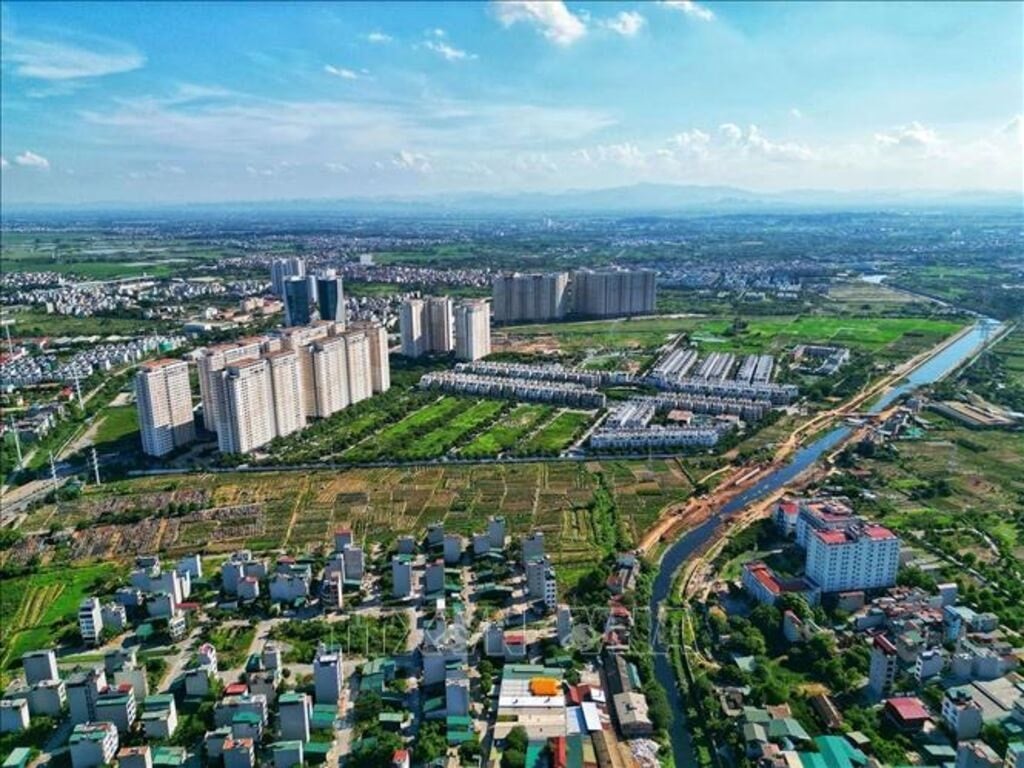
One of the outstanding contents proposed in this draft is to abolish the regulation on collecting additional fees for the time not yet calculated for land use fees and land rent - a content that has been the cause of long-term problems for many real estate businesses.
According to Mr. Le Hoang Chau, Chairman of the Ho Chi Minh City Real Estate Association (HoREA), this is a breakthrough change that can remove one of the biggest barriers hindering the development of the real estate market. Previously, the delay in determining financial obligations, sometimes up to 10, 20, or even 30 years, caused many businesses to face additional payments far exceeding the original land use fee - even though the fault did not originate from the investor.
Not only does this tax cause financial pressure, it also increases product prices, negatively impacts the market and puts the burden on home buyers. The abolition of the above regulation, proposed at Point d, Clause 2, Article 257 of the draft, is highly appreciated by the business community and is considered a sign that the State is listening to reality and accompanying businesses to overcome difficulties.
In addition, the draft revised Land Law also proposes extensive adjustments to the land price determination mechanism, emphasizing the elimination of "market principles" so that the State can play a leading role in land pricing in the primary market.
According to the Ministry of Natural Resources and Environment, the current pricing mechanism depends heavily on consulting units and secondary market prices, leading to land prices being pushed up or not reflecting the true value. This causes many consequences in land recovery, compensation, starting price for land use rights auctions as well as determining financial obligations.
To overcome this, the land price in the draft is determined based on the purpose of use, the duration of use and related data, including the national database and market information within the last 24 months. The valuation methods are regulated by the Government and are for reference only, while the final price decision will be made by the State.
The draft amendment to Article 159 proposes two options for determining land price tables, suitable for the characteristics of each locality. Accordingly, the first option stipulates detailed land price tables by area, location, and even by plot of land if there is enough data. Land price tables are used in cases such as calculating land use fees, land rent, changing land use purposes with collection of fees, determining starting auction prices, etc. The price tables are decided by the provincial People's Committee every 5 years and can be adjusted during the period if necessary.
The second option proposes using a land price adjustment coefficient (K coefficient) instead of a specific price list, with the coefficient issued annually by the Provincial People's Committee from the second year of the 5-year land price table cycle. This coefficient reflects the rate of land price fluctuations between regions, allowing localities to be flexible in adjustment without having to rebuild the detailed land price table.
To ensure quality and objectivity in the process of developing land price lists, the Ministry of Natural Resources and Environment proposes to establish a Council for appraising price lists and adjustment coefficients at the provincial level. The Council includes representatives of the provincial People's Committee, specialized departments, independent consulting organizations and experts.
According to the provisions of the draft Law, localities are responsible for issuing new land price lists no later than December 31, 2025, to be applied from January 1, 2026. However, the Ministry of Natural Resources and Environment warned that changes in price lists and land valuation mechanisms could cause large fluctuations due to differences between localities, affecting the real estate market and investment attraction activities.
Faced with that reality, the Ministry has sent a document to provinces and centrally run cities, requesting a thorough impact assessment and consideration of socio-economic conditions before deciding on specific prices, to ensure stability and consistency with local development orientations.
The amendment of the Land Law is not only to solve legal technical issues or simplify administrative procedures, but is also an important opportunity to re-establish market order and improve the efficiency of land use - the country's strategic resource.
Source: https://hanoimoi.vn/mot-so-diem-moi-trong-du-thao-luat-dat-dai-sua-doi-710835.html





![[Photo] Opening of the 14th Conference of the 13th Party Central Committee](https://vphoto.vietnam.vn/thumb/1200x675/vietnam/resource/IMAGE/2025/11/05/1762310995216_a5-bnd-5742-5255-jpg.webp)






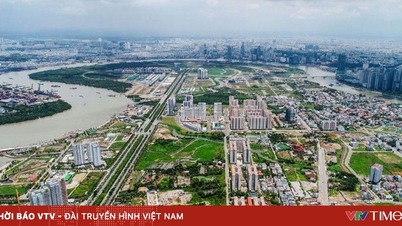

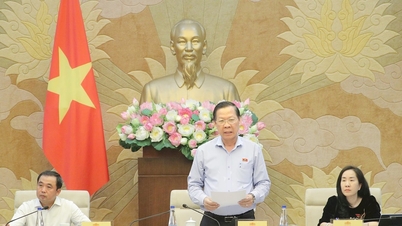



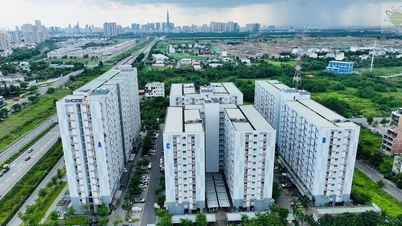
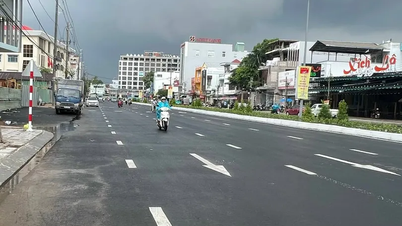


















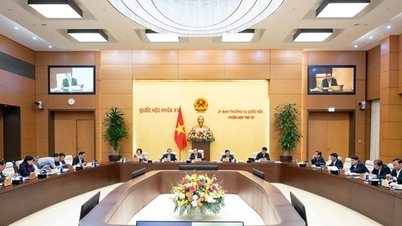


![[Photo] Panorama of the Patriotic Emulation Congress of Nhan Dan Newspaper for the period 2025-2030](https://vphoto.vietnam.vn/thumb/1200x675/vietnam/resource/IMAGE/2025/11/04/1762252775462_ndo_br_dhthiduayeuncbaond-6125-jpg.webp)

































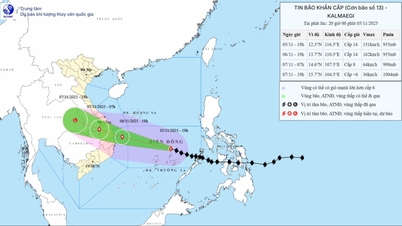





































Comment (0)